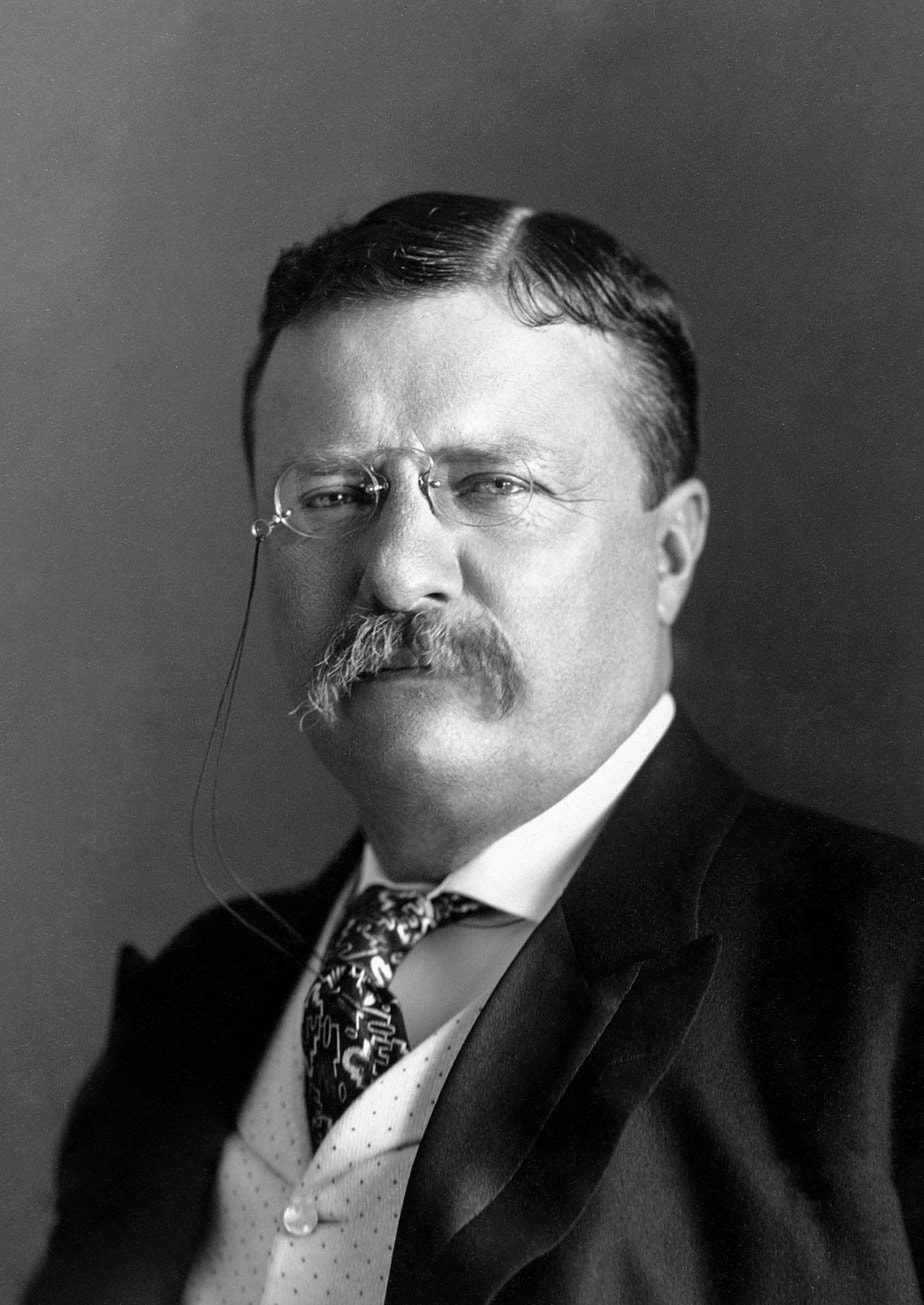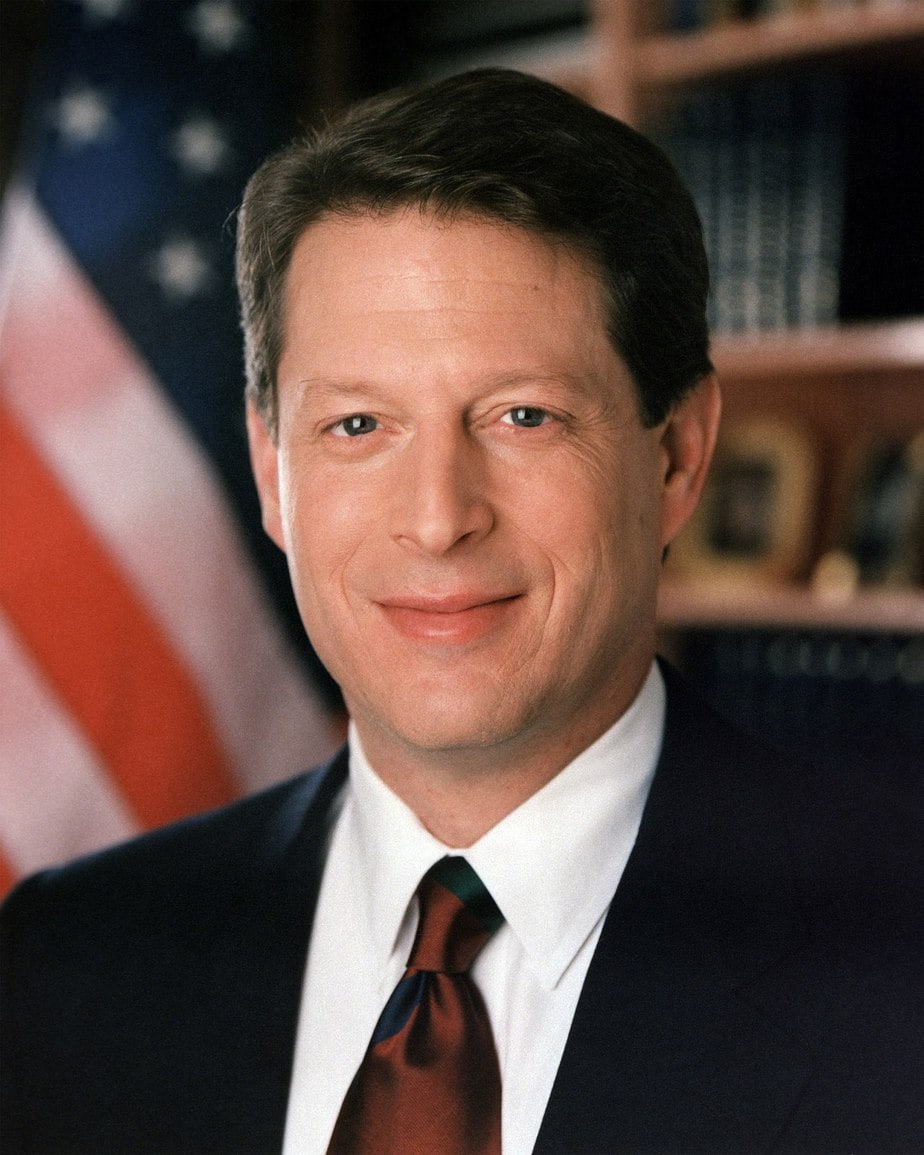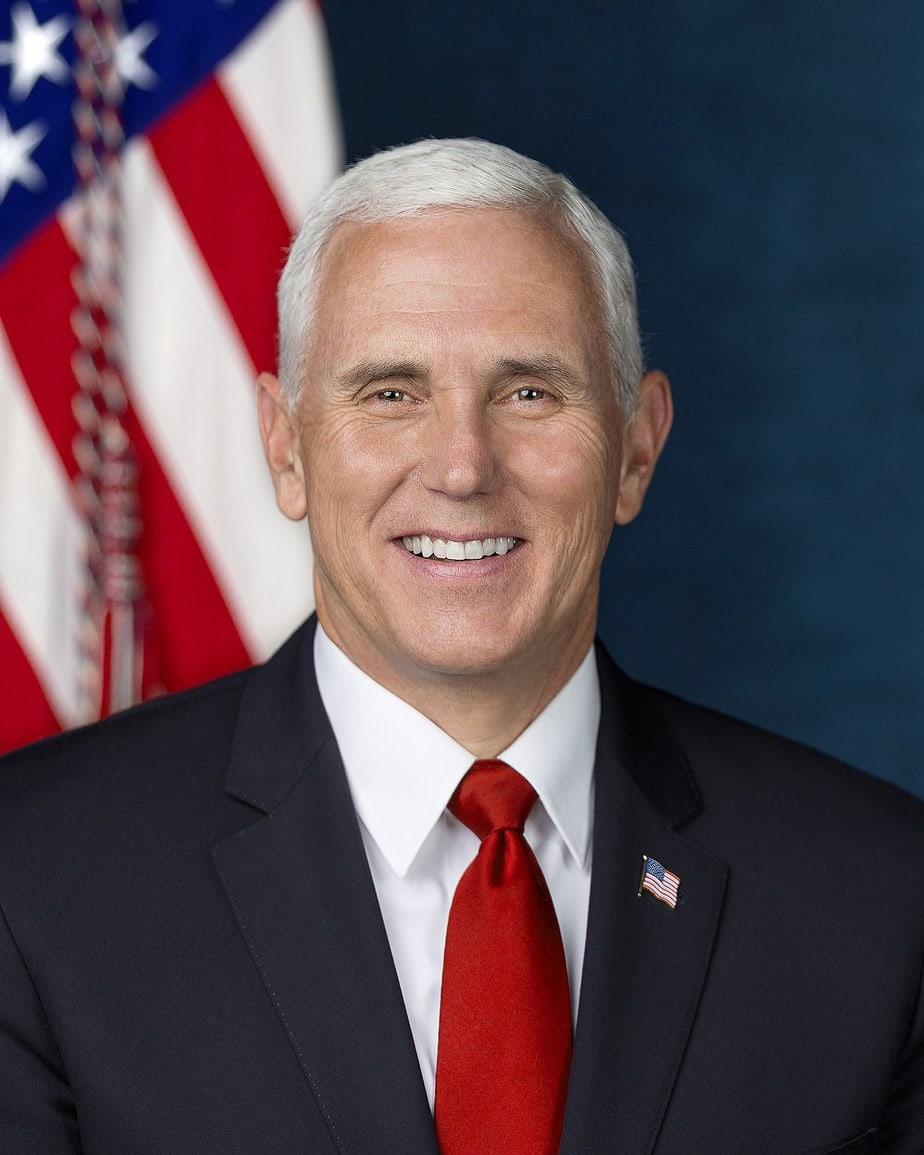Who Are The Youngest Vice Presidents? Unveiling Remarkable Leadership At A Young Age
The role of a vice president carries immense responsibility, especially when held by individuals who have achieved this position at a remarkably young age. Throughout history, several vice presidents have made their mark by ascending to power early in their careers. Their stories inspire us to rethink conventional leadership paths and recognize the potential of young leaders in shaping the future.
Leadership is not bound by age, and the youngest vice presidents in history have demonstrated this truth time and again. Their journeys highlight the importance of talent, determination, and experience, regardless of age. Understanding their backgrounds and achievements can provide valuable insights into what makes a successful leader.
In this article, we will explore the lives of the youngest vice presidents, analyze their contributions, and examine how their early ascension to power has influenced global politics. By studying their stories, we gain a deeper appreciation for the qualities that define exceptional leadership.
Read also:Utica Observer Dispatch Your Trusted Source For Local News And Updates
Table of Contents
- Biography of the Youngest Vice Presidents
- Historical Context of Young Leadership
- Key Figures: Who Are the Youngest Vice Presidents?
- Leadership Traits of Young Vice Presidents
- Challenges Faced by Young Leaders
- The Impact of Young Vice Presidents on Politics
- Comparison with Modern-Day Leaders
- Statistics on Young Political Leaders
- Future Trends in Youth Leadership
- Conclusion: Inspiring the Next Generation
Biography of the Youngest Vice Presidents
Who Made History?
The youngest vice presidents have left indelible marks on history through their remarkable achievements. Below is a brief overview of their lives:
| Name | Age at Inauguration | Term Served | Notable Achievements |
|---|---|---|---|
| John C. Calhoun | 48 years | 1825–1832 | Advocated for states' rights and played a key role in shaping U.S. policy. |
| Richard Nixon | 40 years | 1953–1961 | Known for his diplomatic skills and efforts in Cold War negotiations. |
| Joe Biden | 43 years | 2009–2017 | Instrumental in implementing key policies during the Obama administration. |
These leaders not only achieved high office at a young age but also contributed significantly to their nations' progress.
Historical Context of Young Leadership
The concept of young leadership has evolved over time. In the past, societal norms often dictated that leadership roles were reserved for older, more experienced individuals. However, the emergence of the youngest vice presidents challenged these norms, proving that age is not a barrier to effective governance.
Historically, the election of younger leaders coincided with periods of significant change or crisis. For instance, during times of war or economic instability, nations sought dynamic leaders who could adapt quickly to new challenges. This context underscores the importance of recognizing talent and potential, irrespective of age.
Key Figures: Who Are the Youngest Vice Presidents?
John C. Calhoun: The Trailblazer
John C. Calhoun, inaugurated at the age of 48, was one of the earliest examples of young leadership in the United States. His tenure as vice president marked a turning point in American politics, as he championed states' rights and federalism. Calhoun's influence extended beyond his time in office, shaping political discourse for generations.
Richard Nixon: A Modern-Day Leader
Richard Nixon became the vice president at the age of 40, making him one of the youngest individuals to hold the office in the 20th century. During his term, Nixon played a crucial role in U.S.-Soviet relations, earning a reputation as a skilled diplomat. His leadership style emphasized pragmatism and strategic thinking.
Read also:Cancer And Aquarius Compatibility A Deep Dive Into Love Relationships And Astrological Dynamics
Leadership Traits of Young Vice Presidents
What sets the youngest vice presidents apart from their peers? Several key traits define their success:
- Visionary Thinking: Young leaders often possess a forward-thinking mindset, allowing them to anticipate future challenges and opportunities.
- Adaptability: They are more likely to embrace change and innovation, making them well-suited for dynamic environments.
- Resilience: Despite facing skepticism due to their age, these leaders demonstrated remarkable perseverance and determination.
These traits highlight the unique qualities that enable young leaders to excel in high-pressure roles.
Challenges Faced by Young Leaders
While the youngest vice presidents achieved great success, they also encountered numerous challenges. Critics often questioned their ability to lead effectively due to their age and relative lack of experience. Additionally, they faced resistance from entrenched political systems that favored traditional leadership models.
Despite these obstacles, the youngest vice presidents persevered, proving that leadership is not solely determined by age or tenure. Their stories serve as a testament to the power of determination and resilience.
The Impact of Young Vice Presidents on Politics
Shaping Policy and Governance
The youngest vice presidents have played pivotal roles in shaping policy and governance. Their influence extends beyond their immediate terms, as they often leave lasting legacies that continue to impact their nations long after their tenure. For example, John C. Calhoun's advocacy for states' rights remains a central theme in American political discourse.
Inspiring Future Generations
By achieving high office at a young age, these leaders have inspired countless individuals to pursue careers in public service. Their stories demonstrate that age is not a limitation but rather an opportunity to bring fresh perspectives and ideas to the table.
Comparison with Modern-Day Leaders
Today's political landscape continues to see the rise of young leaders who challenge conventional norms. While the youngest vice presidents of the past faced unique challenges, modern-day leaders encounter a different set of obstacles, including digital media scrutiny and global interconnectedness. Despite these differences, the core principles of leadership remain constant: vision, integrity, and the ability to inspire others.
Statistics on Young Political Leaders
Data from reputable sources highlight the increasing trend of young leaders in politics. According to a study by the Inter-Parliamentary Union, the average age of parliamentarians worldwide has decreased in recent years, reflecting a shift towards younger leadership. This trend is particularly evident in countries with robust democratic systems that prioritize merit over age.
Furthermore, research conducted by the World Economic Forum indicates that millennials and Generation Z are increasingly engaged in political processes, driving change through their active participation and advocacy for progressive policies.
Future Trends in Youth Leadership
The future of youth leadership looks promising, with emerging technologies and global connectivity enabling young individuals to make meaningful contributions to society. As nations continue to grapple with complex challenges such as climate change, economic inequality, and social justice, the need for dynamic, forward-thinking leaders becomes more pressing.
Young leaders are well-positioned to address these challenges, leveraging their unique perspectives and innovative approaches to create lasting change. By fostering environments that encourage youth participation and leadership development, societies can harness the full potential of their next generation of leaders.
Conclusion: Inspiring the Next Generation
In conclusion, the youngest vice presidents have demonstrated that age is not a barrier to effective leadership. Their stories inspire us to recognize and nurture talent, regardless of age or background. By studying their achievements and challenges, we gain valuable insights into the qualities that define exceptional leadership.
We invite you to engage with this article by leaving your thoughts in the comments section below. Share your perspective on the importance of young leadership and how it can shape the future. Additionally, explore other articles on our site to deepen your understanding of global leadership trends.
Together, let us celebrate the potential of young leaders and work towards a future where talent and vision take precedence over age and tradition.


